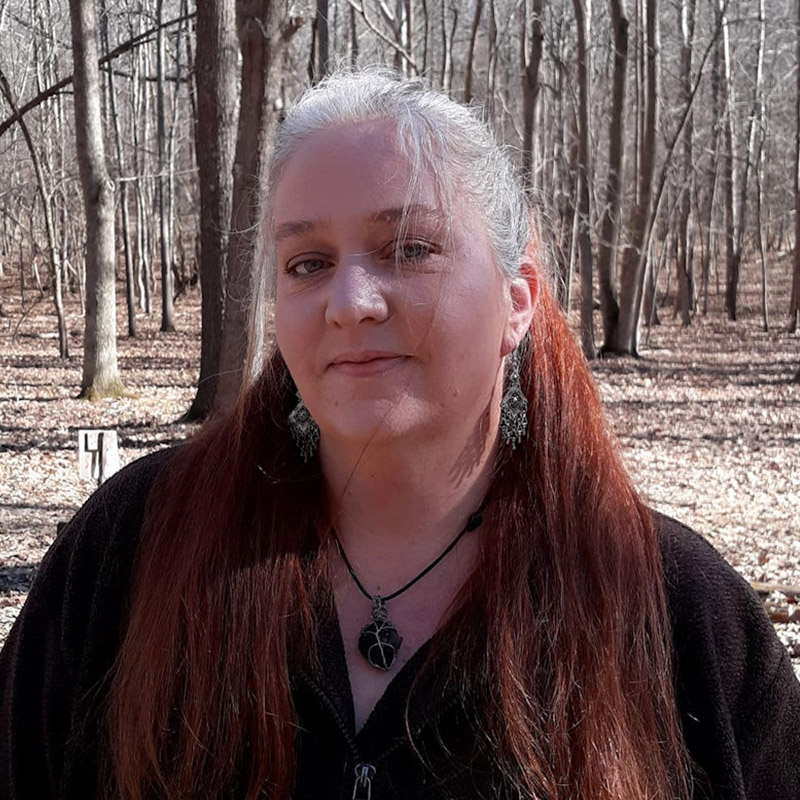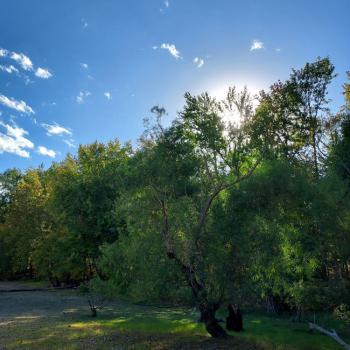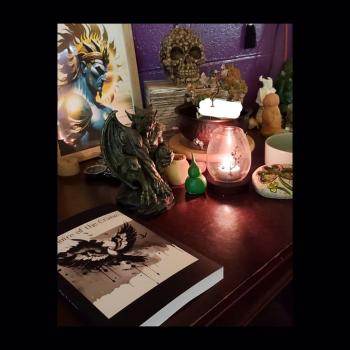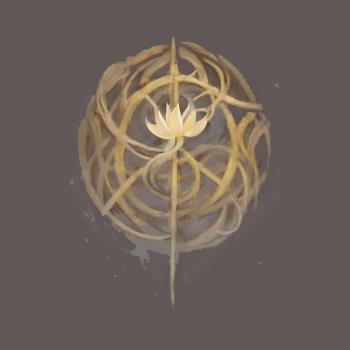There has been a question lingering for some time now in our community. One that has been asked by many, in many different groups, and even by other writers here… Can Paganism have some type of centralized organization? Ground that we can all stand on together, be recognized, and advocate for the religious aspects of Paganism on the larger stage of world gatherings / politics as other religious groups do.
I can see reasons to advocate and work towards this idea. First and perhaps foremost it gives an official recognition on the world stage for all who fall underneath it. This not only provides protections for our people, but also gives us a voice in places where we currently have none. We do not have an official seat at any of the regional / world religious gatherings where decisions are being made that affect the policies and politics that play out in our world. Pagan groups also do not have any official recognition and benefits that other religious groups are afforded because we do not have any type of organized body. Wicca does – Paganism does not.
I can also see the complications and issues that would arise if it was not done in a way that includes all the various groups who fall under the larger umbrella term of “Pagan.” Paganism isn’t one type of religion but made up of a vast and diverse amounts of belief systems. Some include a specific pantheon set, some are a mix of many, and some are just nature bound (animists). Each holding their own personal aspects and belief systems.
We would also need to include the Witches, because even though magic is not required in Paganism, a large portion of Pagans incorporate witchcraft/ magical practice in their spiritual work. This is a good move in my opinion as it would finally give official protections to those who practice magical arts. I realize that not all magical users follow or work with any Deities, but I feel those would fall under the animistic umbrella of the term since they are dealing in energy and spirit.
This is want I want to walk through today. Some considerations and thought on how this could be possible. Some of the issues we, as a community, would have to over come, and theorizing about what that could potentially look like.
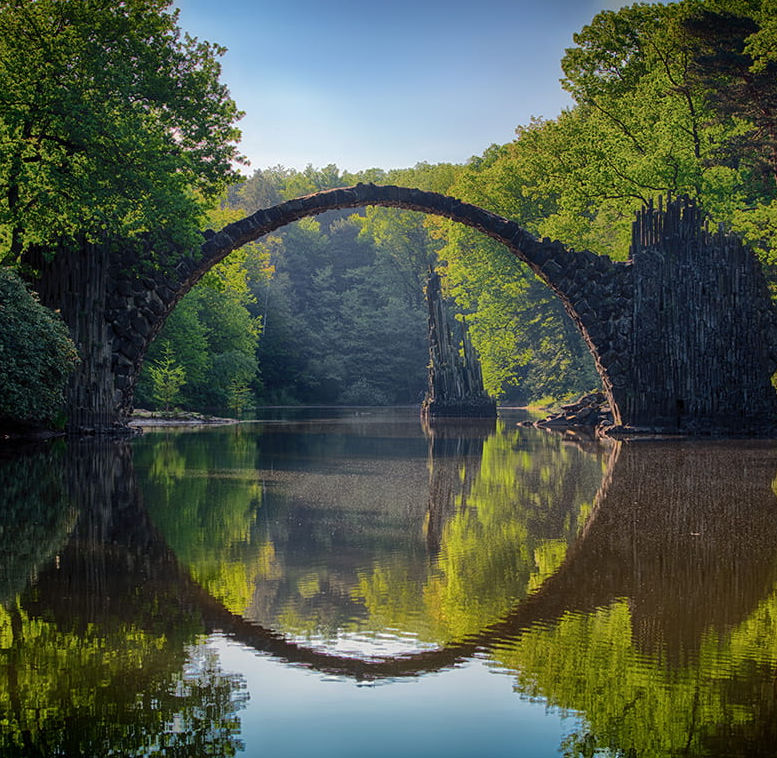
Community Issues
The first thing I think would have to happen is some change of perspective in our communities. Even though I talk with people all over the world, I live in the US. What I see most is the people here, so that will be the perspective I will be talking about. If it is different in your country I encourage you to share in the comments below. None of this is to offend anyone or say that everyone is like this, because they are not. These are just common issues I have seen over the years that I feel would have to shift in order to accomplish this task.
The Right Way
We have to let go of this idea of “the right way.” The right way to worship/ honor, the right way to practice, the right way to believe. There is so much fighting between groups and within groups on what the “right way” is. Much of that perception being shaped by the interpretations of others on incomplete source materials, their own personal experiences, and statements that have been repeated over and over.
I personally also see this kind of thinking as a carry over from christianization. It wasn’t just from a religious context but permeated into societal norms and laws. So much became black and white, right and wrong, my way or it is not the right way. Paganism in one perspective is a break with that kind of thinking. Understanding there are many ways, many paths, and it isn’t about which is “right” but what is right for you, what actually works for you. We understand that there are many paths that can lead us to the same ending.
Now I realize there are certain traditions and people within them that want something more structured. There is nothing wrong with that, and you could view this in the lens of tribe/ community set up. Your particular group can have those specific practices, ways of doing things, and rules, along with the understanding that that is how your group works but not the whole of the larger community. It is much like how things were before. For example, in Nordic traditions – smaller communities worshiped/ connected in their own ways, had particular connections to certain Deities, that were in line with the larger collective but specific practices for them. Even within the smaller community, families had their own practices and connections that would be more personal to them, but also aligned with the larger group.
Like the example, as a collective we can have some common ground we all stand on that helps us come together, while still keeping our individualism within it. We can hold space and respect for each individual belief system while still working together as a collective. It does require letting go of the need/want to dictate rules to others or impose our own systems upon others.
I think a lot of the in-fighting I see stems from this particular point.
Deities
Worship vs Honoring vs Working With Deities. Building off of what has already been said – there is a difference between these three aspects. They can overlap, be combined, or kept separate depending on the individual or group. None is more right than the other, it just depends on the goal. If you are just wanting to have connection with Divine (however you see that Divine), their presence in your life, you worship. If you want to bring them and their domain to a more active role in your life, you would do acts of service, or living, that reflect the values and domain of that Deity – honoring. If you want to build a working partnership, have them as a directly involved Guide for you, your work, and/or your path – you would build a working relationship with them and develop an equal exchange between you.
In my experience, the lessons and Guidance we receive from Deities is personalized. It is about our personal growth, the challenges we must overcome in our life, the shadows we must face and let go of, the work we must do in order to grow and move forward. With my main Deities I have a combination of the three examples above – but it is all rooted in a working relationship. So my perspective and experiences are built from that. My actions are reflective of that. If a Deity is just coming in for a lesson though, to show or teach me something and then jet, It doesn’t go beyond a working partnership.
The reason I had to explain all that was to get to this – How we experience Deity, the form and shape they take, the personality they express, and how they interact with us, is personal. Yes, They have a core energy that all of that comes from and specific domains They stay within, but I do find differences between people based on how they learn, receive messages, and accept guidance. I think Deities adjust and shift enough to accommodate those things, especially long term ones. It doesn’t change Their core energy but adds a layer that the person can accept and find bond with. I hope that makes sense because I’m trying to condense a large topic into cliff notes here.
So a perspective with Deities that could help our community with this larger goal would be understanding that each of our personal experiences with Deities may look different. The look of Them, the way They choose to interact, the lessons They walk us through – all still within Their domain but individualized with us. No one else has the right to tell you that your personal experience with a Deity is invalid because it does not fit theirs or a written source (which started as another personal experience). It is also none of our business how a person chooses to work with a Deity. As a collective, we can rally around and agree upon the core energy and domain of a Deity and hold respect for the individual experiences of Them. We don’t have to agree – but we also don’t have to diminish the person’s experience.
Practices
All of this can also apply to practices. When we come together as a group we can stand in common ground. Have practices that we can all agree to, and work together within, during times of collective gathering. This does not dictate your personal connections or practices outside of the larger group but instead can be viewed as adding another layer to that.
As collective Pagans and Animists we can find ways that honor all the variations and differences. It will take time and a lot of coming together, sharing ideas, and understanding each others core beliefs and structures enough to find the common ground we can all stand together in – but it can be done if egos are put aside.
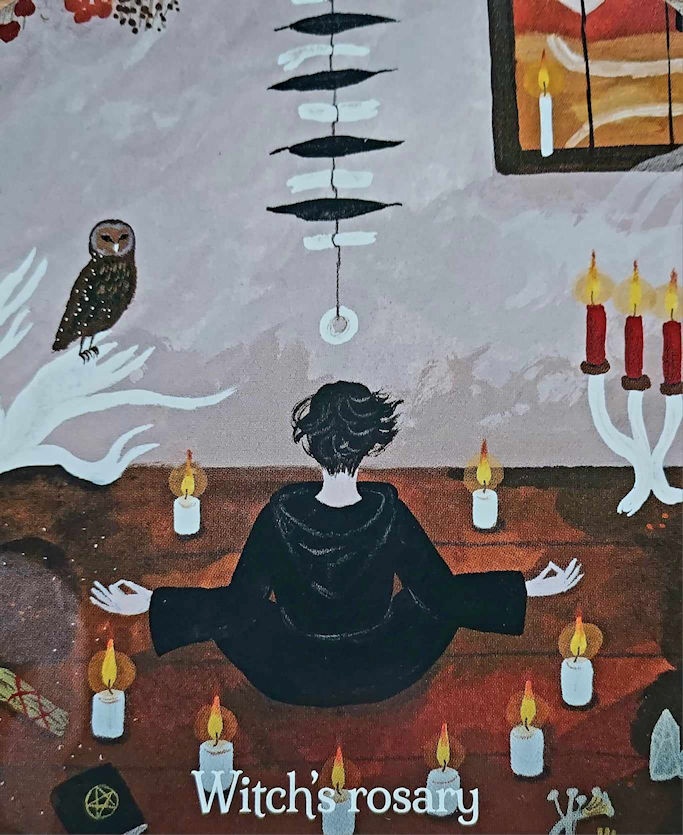
The Larger Structure
There is something to be said about the Larger structure of Hinduism. There is one large umbrella term that encompasses many different paths and belief systems, yet they are able to come together and advocate as one larger group. There are certain aspects, as the large collective, that they can agree upon and stand together in.
Now, I am not saying to model their beliefs, but I do feel there are things to be learned by how they structure this larger umbrella and allow it to serve the collective. Hinduism has survived through all the religious changes, including christian conversion, and is officially recognized and welcome at all the world and political tables. To me that is impressive and there are things we can learn from their collective structure that has ensured that survival.
Perhaps by studying their larger collective structure, the common ground pieces between all their various belief and religious groups, it will help us find ours. The places where we all can agree and feel comfortable in as a collective. We do have them, I see glimpses of them all the time because we all arose from one at some point and branched out, just like all religions. We just need to figure out what that means now, in a modern age, and what can endure into the future.
Closing Thoughts
I do think this is important for many reasons. First being – real recognition and protections. The world is changing as it always does. Some for the better and in some ways going backwards, especially in my country right now. Even in a country who has religious protections, there are places where being Pagan or a Witch can still pose a personal threat, because we have no legality behind our beliefs. I am not saying that would stop everything but it would give us real ground to stand on and enforceable protections.
I have been a part of the larger group of religions table in the political arena. The collection of various religions coming together, partnering together, to create political and social change. It was an amazing thing to watch, but it was incredible to see the power they actually wielded as a collective. I watched political leaders bend to them and policies changed by them. Changing the lives of all the people in an area, not just those who are aligned with a particular religion or belief. Pagans do not have a seat at that table right now – but they are waiting for us.
This isn’t about converting everyone to one religion or belief system, this is about building a recognizable collective that benefits all who are under its umbrella. This is the conversation I think we should be having and one I am interested in having. This is something I think we should all be looking at and discussing in our own spheres. There are many reasons why now is the time – it just takes a few to get the fire lit.
Author’s Clarification Note:
I knew there would be controversy and defensive stances about this article. That is actually a good thing. It is what promotes conversation, sharing, and exploring different ideas / perspectives.
I also understand the defensiveness of some because I personally promote and push for individual experience, beliefs, and practices – not collective religion. It was not referring to the spiritual side though, I am more concerned with the legal recognition and the protections and privileges it affords our community as a whole. It also allows a seat at the multi-faith coalition tables – the ones who are connected to and have some pretty strong power in swaying policies, laws, and social justice on a regional and world scale.
There are undeniable protections that also come with being legalized recognized in the US. Yes, some areas are more tolerant and those protections may not be needed as much – but at the same time there are many areas that do need it. Take that to a more world stage – and that protection increases.
I am not sure how or even if something like article’s premise is possible – and that is why I wrote it, to start a discussion.
Could we look at a structure (structure not beliefs) of Hinduism to help give us clues – They are after all a collection of various belief systems under one umbrella.
Or since the primary goal I am thinking of has more to do with policy, politics, and legal recognition, perhaps a more united nations model. Where all sides (different Pagan, Animist, and Witchy groups) come together, discuss, and develop the changes needed. Smaller local groups participating on local levels and then meet as a larger group to collaborate, discuss and plan – Then a few people from that smaller group participate in these large, world scale coalitions and conversations.
I don’t have the answers and I wouldn’t be the one building it. I have no interest in politics or those kind of tables anymore – I just want to protect people better. I want people to not have to hide, be afraid, or persecuted without recourse for their personal beliefs, practices, and faiths.
I just think it is a conversation worth having and exploring ideas within that. I also think it would be good for the elders to be a guide and council, but it should be the younger generations stepping into those roles for they will be the ones living longer with what happens and passing down what comes next. That’s just my own personal view though.
No matter what though – it has been some good conversations.


